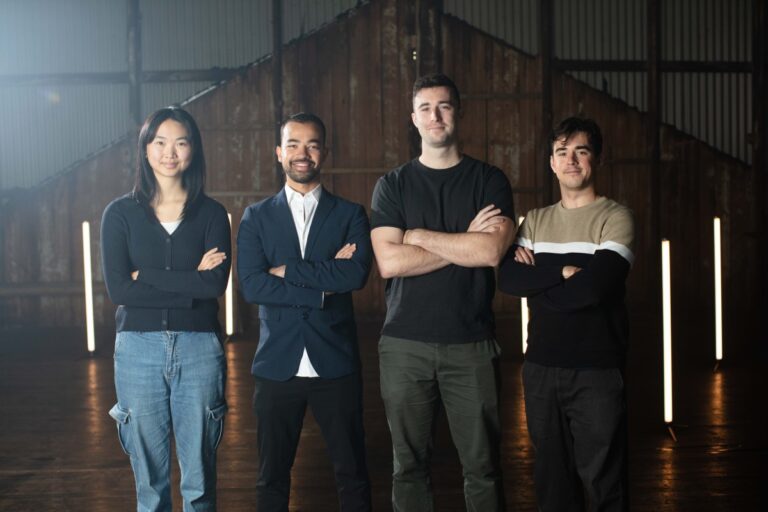Robotics companies often have to deal with a simple but confounding problem: Robots produce a lot of data. Even a simple robot can easily produce up to a terabyte of data per day, since they continuously capture data from cameras and sensors.
Sydney, Australia-based Alloy thinks it can help with that issue: The startup is building data infrastructure for robotics companies to help them process and organize all the data their robots collect from various sources, including sensors and cameras.
At its core, Alloy encodes and labels the data it collects, and allows users to search through their data using natural language to find bugs and errors. Users can also set up rules to catch and flag issues in the future, similar to how observability tools flag errors in software code.
“The current pattern is, you look for some kind of anomaly, and then you’ll replay the data,” Joe Harris, the founder and CEO of Alloy, told TechCrunch. “They then are spending hours scrubbing through this data, looking for these issues that have been flagged to them, trying to diagnose from that [while] not really having a good view as to whether this has happened before, if it’s a high-severity issue or this one-off, edge case.”
Considering how much data a single robot produces, as robotics companies look to scale, this data problem will continue to compound, Harris added.
Harris has been fascinated by robotics since he was a kid. But when he graduated from college in 2018, there weren’t many opportunities to work in the field, so he instead worked multiple roles across Australian tech companies including Atlassian and telehealth startup Eucalyptus.
In 2024, he decided the time was right to launch a robotics company of his own. He originally thought he’d focus on building robots for the agriculture industry due to an interest in vertical farming, but when he started talking to other founders, the issue of managing the data robots produce kept coming up. He figured he might as well solve that problem first.
Techcrunch event
San Francisco
|
October 27-29, 2025
“If I need to solve this problem for myself and my robotics company, I will have a great horizontal solution,” Harris said. “Perhaps that would be a more important near-term mission — to help enable other robotics companies to spend less time on data plumbing and more time on getting to that high reliability.”
Since its launch in February 2025, Alloy has signed four Australian robotics companies as design partners and looks to push into the U.S. market this year.
“The customers that we found have been most excited about this because they’ve gone through the pain of building and maintaining it themselves,” Harris said. “They’d much rather have a fantastic tool, like a Databricks just specifically built for robotics.”
Alloy has also raised a little more than AUD $4.5 million (about $3 million USD) in a pre-seed round that was led by Blackbird Ventures, with participation from Airtree Ventures, Xtal Ventures, and Skip Capital, in addition to angel investors from robotics companies.
The company doesn’t have too many direct competitors yet. Many robotics companies are either retrofitting existing data management tools that aren’t designed for the multimodal data robots produce, or are attempting to build their own internal data management tools.
As commercial use cases for robotics continue to increase, Alloy hopes it will be able to capture a good share of the growing market.
“It’s never been a better time to build a robotics company,” Harris said. “I really want to make it possible for the next 10,000, 100,000 robotics companies that don’t yet exist, that inevitably will not have to necessarily reinvent the wheel, like every company has.”



